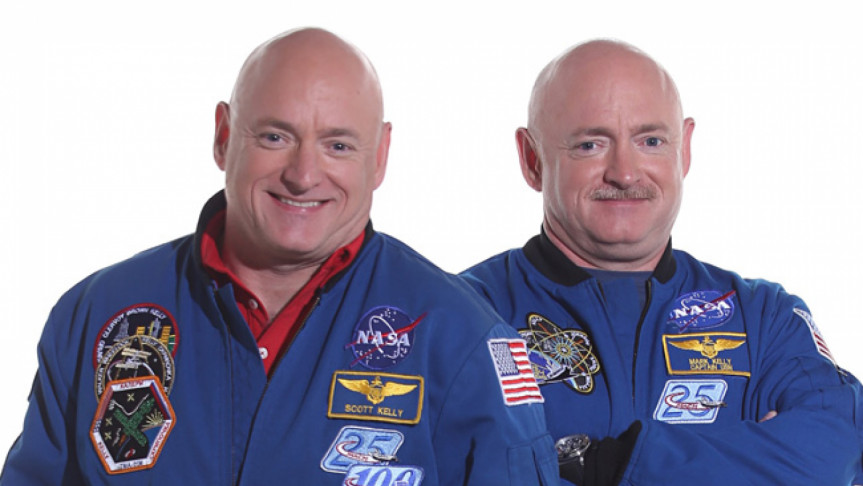Space travel may cause long-term change to DNA, says NASA

Washington: Seven per cent of astronaut Scott Kelly’s genes linked to the immune system, DNA repair and bone formation, showed an unexpected change as a result of spending nearly a year in space, reveals NASA’s ‘Twins Study’ aimed to unravel the genomics era of space travel.
As part of the study, Scott spent a year in space while Mark, his identical twin, stayed on Earth as a control subject to look at the effects of space travel on the human body.
The findings showed that after returning to Earth, Scott started the process of readapting to Earth’s gravity. Most of the biological changes he experienced in space quickly returned to nearly his pre-flight status.
While 93 per cent of Scott’s genes returned to normal after landing, seven per cent remained unchanged.
This remaining seven per cent points to the possible longer term changes in genes related to his immune system, DNA repair, bone formation networks, hypoxia and hypercapnia, the US space agency said in a statement.
By measuring large numbers of metabolites, cytokines and proteins in Scott’s body the team learnt that spaceflight is associated with oxygen deprivation stress, increased inflammation and dramatic nutrient shifts that affect gene expression.
Previous studies showed the effect on the body after the standard-duration six-month missions aboard the International Space Station (ISS).
But the ‘Twin Study’ discovered what happens to the human body after spending one year in space, in a stepping stone to the impending three-year mission to the Mars.
The results were presented at the annual Human Research Program Investigators’ Workshop held in Texas.
Further, a majority of Scott’s telomeres — endcaps of chromosomes that shorten as one ages — which had become significantly longer in space, shortened within two days of his return to Earth.
The one-year resulted in no significant decreases in Scott’s cognitive performance.
However, a more pronounced decrease in speed and accuracy was reported postflight, possibly due to re-exposure and adjustment to Earth’s gravity, and the busy schedule that enveloped Scott after his mission, the agency said.

 IANS
IANS




